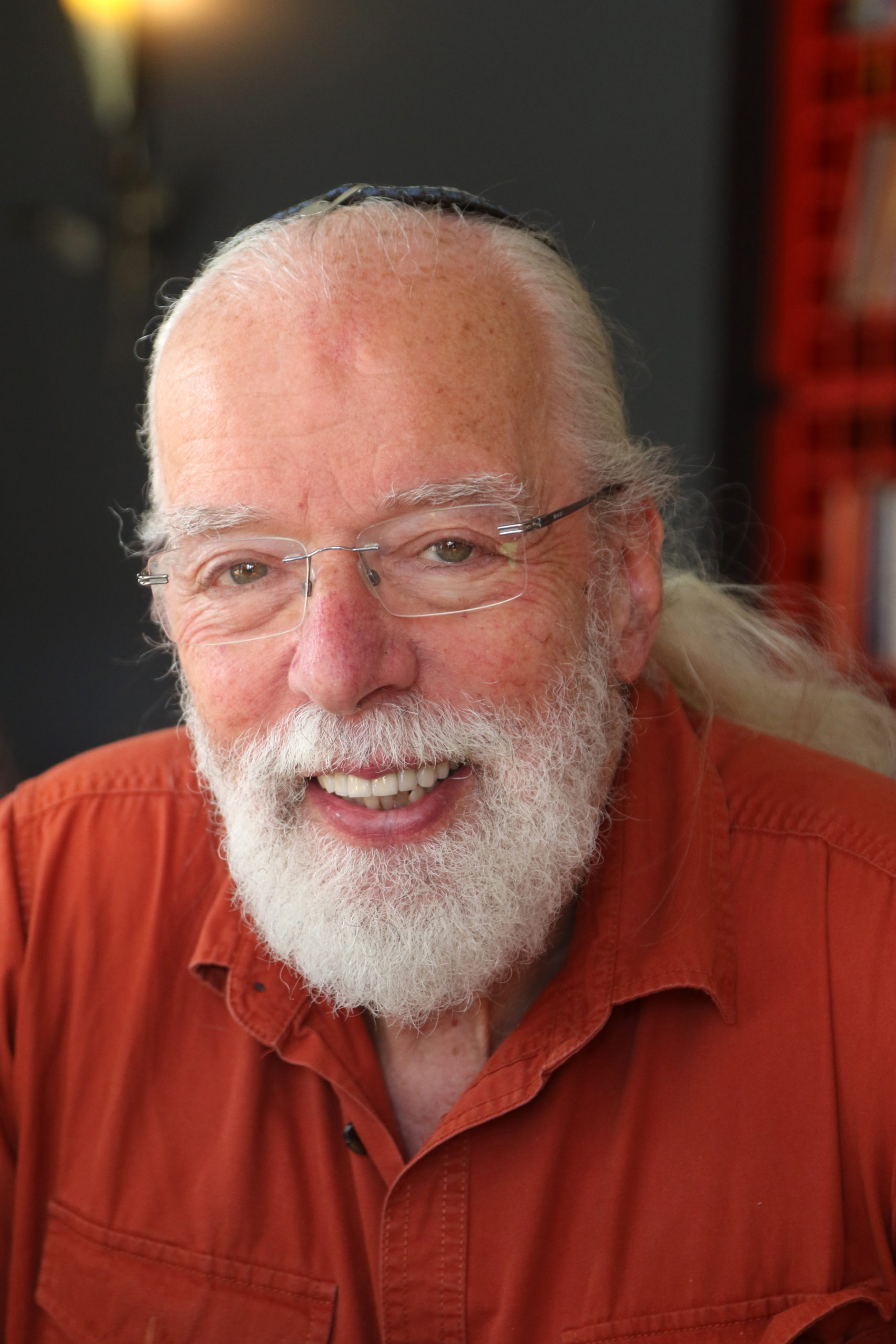click to dowload our latest edition
CLICK HERE TO SUBSCRIBE TO OUR NEWSLETTER


Published
2 years agoon
By
Steven GruzdClive Lawton has packed enough into one lifetime for a minyan of people. The affable white-bearded Englishman has been a teacher, a theatre director, an author, a magistrate, a broadcaster, a headmaster, a Holocaust expert and much else. He has sat on multiple boards and committees for Jewish and non-Jewish causes. Today, he’s the chief executive of the Commonwealth Jewish Council (CJC), one of the only bodies representing religious interests accredited to the Commonwealth. He received his OBE (Officer of the Order of the British Empire) from Queen Elizabeth II in 2016, for services to Jewish and general education.
Lawton was visiting South Africa after attending the Commonwealth Heads of State and Government Meeting in Kigali, Rwanda, from 20 to 25 June 2022. There, the CJC participated in discussions on climate change, women’s rights and youth-related issues. He spoke to the SA Jewish Report.
Lawton was one of the four co-founders of Limmud – the international Jewish education movement – in the United Kingdom in 1980. “Limmud means ‘learning’, and nothing like it existed before,” Lawton says. “It’s founded on the key principle that every Jew should learn. Limmud embraced Jewish learning in the widest possible sense. It encouraged people to step beyond their comfort zone. It was open to all Jews, and made by the people for the people, not by this or that special subgroup of rabbis or professors as gatekeepers. I don’t believe anyone has become less Jewish or engaged by exposure to Limmud.”
The first Limmud attracted 70 people. Offering childcare was also a revolutionary concept at the time. It grew every year, and today, there are 95 Limmuds around the world, including three in South Africa – in Johannesburg, Cape Town and Durban. Until December 2018, Lawton was a senior consultant to Limmud, having been Limmud director from 1999 to 2006.
“The late chief rabbi of the UK, Jonathan Sacks, urged South Africa’s chief rabbi, Dr Warren Goldstein, not to go public with his opposition to Limmud when it started,” said Lawton. “[Goldstein] didn’t heed this, and gave Limmud all the free publicity it needed. People were curious, and went to find out for themselves.”
Lawton also said that if Limmud had inspired other groups – such as the orthodox rabbinate in South Africa – to develop similar platforms like the Sinai Indaba, it meant more people were exposed to Jewish learning, which could only be a good thing. “There must be room for lots of different types of learning. Nothing ever got bigger or deeper by trying to stay the same,” says Lawton.
Lawton has also done extensive interfaith work. He attained a Masters of Education in Religious Studies, focusing on Hinduism and Islam from the University of Liverpool and one of his 15 published books is titled Ethical Issues in Six Religious Traditions, which he co-wrote with Peggy Morgan and published in 1996He was elected president of the Shap Working Party on World Religions in Education in 2017, and sits on the executive board of the Council of Christians and Jews. Previously, Lawton was an advisor to Liverpool’s Local Education Authority on Religious Education.
Lawton acknowledged that relations between Jewish and Muslim communities in South Africa can be strained by developments in the Middle East, especially violence in the Israeli-Palestinian conflict. He suggested that “shoulder-to-shoulder” activities like cleaning a local park, might build trust for more “face-to-face” interactions.
When asked to reflect on what lessons his busy life has taught him, Lawton chuckles and says, “I’m not ready for lessons yet – I’m still alive!” But he does offer thoughts on his approach. He says Jews have six arenas of responsibility: to the local Jewish community, to the national Jewish community, to the international Jewish community, as well as to the local, national and international general community. “Every Rosh Hashanah, I ask whether I have made a contribution in these six areas, through my job, donations, volunteering, whatever. They don’t have to be equal contributions. I believe this is quite a constructive way to see it. If we’re responsible only for ourselves, we’re like Noah, isolated in his ark. We should be activists like Abraham instead. We Jews have the potential to make a difference.”
The South African Jewish community is shrinking through waves of emigration “but it’s not dying”, says Lawton. He says that South African Jews who move to other countries are a credit to those communities. “This community remains a model for many around the world in terms of its largesse, energy, reach and confidence. Jews have faced catastrophic moments – in Egypt, when the Temples were destroyed; in the pogroms; in the Holocaust – by that comparison, the South African Jewish community should rejoice in its favourable position. Heaven forbid you go unnoticed or are irrelevant! Someone told me, ‘Let’s stop worrying about who has left, and worry about who is left.’”
